When we first arrived, I was not a resident of Colorado and could not afford to pay out-of-state college tuition fees; so I found myself going to high school to learn English. This was quite a shock, considering that I had left Russia three months before my college graduation. I was the oldest kid in high school, but I didn’t mind.
After I graduated, my American life followed the normal trajectory of that of an average, fresh-out-of-high-school kid. While enjoying the benefits of being single and living with my father and stepmother, I worked full-time and went to university.
After dating a half-dozen majors (and just two girlfriends) in my first few years of university, I was very fortunate to discover what I wanted to do (more accurately, what I love to do) – investing. That discovery, like most things in life, was serendipitous.
I got a job with a small investment firm in Golden, Colorado: PVG Asset Management. It was run by two wonderful human beings, Joe Pecoraro and Bill Rahmig. In the early 1990s PCs were fickle and PVG needed someone to constantly fix them. I never got formal training, but I tinkered with my own computer and became good at fixing software issues.
I knew little about fixing hardware. One day Joe asked me to replace a video card on the company’s server. This was in the middle of the day. I’d have to ask everyone to stop working so I could shut down the server. I don’t remember if it was out of laziness on my part or I really did not want to ask everyone to stop what they were doing. I made the brave (and very stupid) decision to install the video card on the running, fully powered server. I did not get electrocuted. I did however fry the server, including the hard drives and the data stored on them.
What came next was a shock to me. I expected to be fired or at least yelled at. Nothing of the sort. Joe made some jokes. Bill saw how upset I was and tried to make me feel better. They understood that it was an innocent (though idiotic) mistake.
Both Bill and Joe focused on solving the problem I had created. A new server was bought. An IT firm was called in. Data was restored from backup. A day later the firm was back in business. That was it. This incident, which cost a company half a year of my annual salary, was never brought up again. Thinking about it today, I realize that Joe and Bill set a standard for how I should behave as the CEO of IMA, when I find myself in similar situations: with respect, grace, calmness, and a little bit of humor.
Joe fell in love with my father’s art (and he is still the largest collector of my father’s paintings). Almost three decades later, we are still friends. In December 2017, out of nowhere, I received an incredibly kind email from Bill, congratulating me on “what I had turned into.” Sadly, Bill passed away a month later from a freak case of pneumonia.
Back to the ’90s. Hallway conversations with Joe and Bill sparked my love affair with investing. I stopped dating other majors and committed to a monogamous relationship with investing. A few years later, when I was done with school, I knew I wanted to be an analyst. Sadly, PVG did not need any. I started looking for another job.
I needed every advantage I could get. So, in addition to applying for jobs posted in newspapers, I pulled out the yellow pages and faxed my resume to every single investment firm in Colorado (this was before email).
As luck would have it, IMA – a money management firm tucked away in a leafy Denver suburb – received my fax even before the company posted a job for an analyst in the newspaper. I still remember that afternoon. I had just come home from school. My stepmother told me that “a very pleasant gentleman” had called me about a job opening. I called him back. His name was Mike Conn, founder and then-CEO of IMA. As I talked to Mike, I learned that IMA’s office was only three blocks away. I offered to be there in ten minutes. Mike agreed.
What took place was not a traditional job interview but more a casual conversation. I instantly liked Mike. He had grown up on a farm near a town of 300 people in Iowa. He was the first in his family to go to college. But he did not just go to college, he graduated from Harvard.
He turned out to be full of interesting stories about history, books, movies, and his own adventures, which include race car driving and being a vent man (a crew member responsible for fueling a race car during pit stops) in the Indy 500 race. I have yet to meet a person who is better at talking to anyone about anything and not wanting anything from that other person, except a good conversation.
It helped that Mike knew Joe and Bill. He called them. They must not have mentioned the server incident. A week later I was hired.
Years later, Mike told me that I was the only person he interviewed. I am forever grateful to Mike for taking a chance on me in 1997. I had little investment experience. I had a heavy Russian accent (I had been “off the boat” for only six years), but Mike saw in me a burning love for investing and a desire to learn. Mike is my mentor, friend, and chess sparring partner (though he’s been telling me that I have a Russian genetic advantage over him).
I’ve been with IMA ever since. IMA is the longest relationship I’ve ever had; it even predates my marriage. I started as an analyst, then gradually progressed to managing portfolios, and in 2014 I became CEO.
Additional thoughts:
There is luck and then there is created luck. If I had done what everyone else was doing – responding to ads in newspapers (this was before consumer internet) – I’d have been competing against more competent, more experienced, better-speaking candidates. Relentlessly faxing my resume to every investment firm in Colorado helped me create my own luck.
Getting a job at IMA was an incredibly lucky break. If I’m objective, I didn’t deserve to get this job. Mike has a kind heart and had a soft spot for a budding immigrant. I was extremely lucky that I didn’t have competition. I literally applied for the job before it was advertised.
I don’t think I would have achieved what I have if I had worked anywhere else, especially if it was a large investment firm. I am not talking about wealth; I would probably have become wealthier much sooner as a portfolio manager at a large investment firm. (Later in my career, I had plenty of those offers, which I declined.)
I had the freedom and flexibility to discover myself as an investor and to create my own strategy, which is in large part based on the foundation Mike taught me, which spilled into my first book, Active Value Investing.
Mike allowed and encouraged me to write. It may seem like a little thing; it was not. Robert Greene in 48 Laws of Power talks about how outshining your master (boss) is usually not good for your career. Mike was not threatened by the spotlight that was turned on me. He always welcomed it and had a parental-like pride for it.
Today Mike is IMA’s Chairman Emeritus, we are still dear friends, and I still have the pleasure of seeing him on a regular basis.
Here’s a short video of Mike speaking to the IMA client dinner in 2023.
And one more thing.
After college, Jonah was looking for a job. He applied for jobs advertised on LinkedIn, jobs that literally had hundreds of applicants. I advised him to play a game he could win. It’s hard to get a job when hundreds of candidates have more experience than you. It’s much easier to get a job that hasn’t been advertised yet. I told him he could still play the LinkedIn game, but he could also create a list of companies he wanted to work for and contact them directly. Who knows, maybe they were days away from posting a job on LinkedIn.
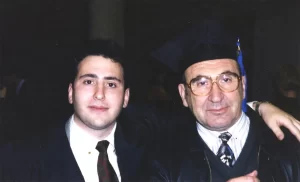
(My father and I at my graduation from CU Denver in 1997, around the time I got hired by IMA)
If you would like to receive a signed of Soul in the Game: The Art of a Meaningful Life, donate to the following charities.
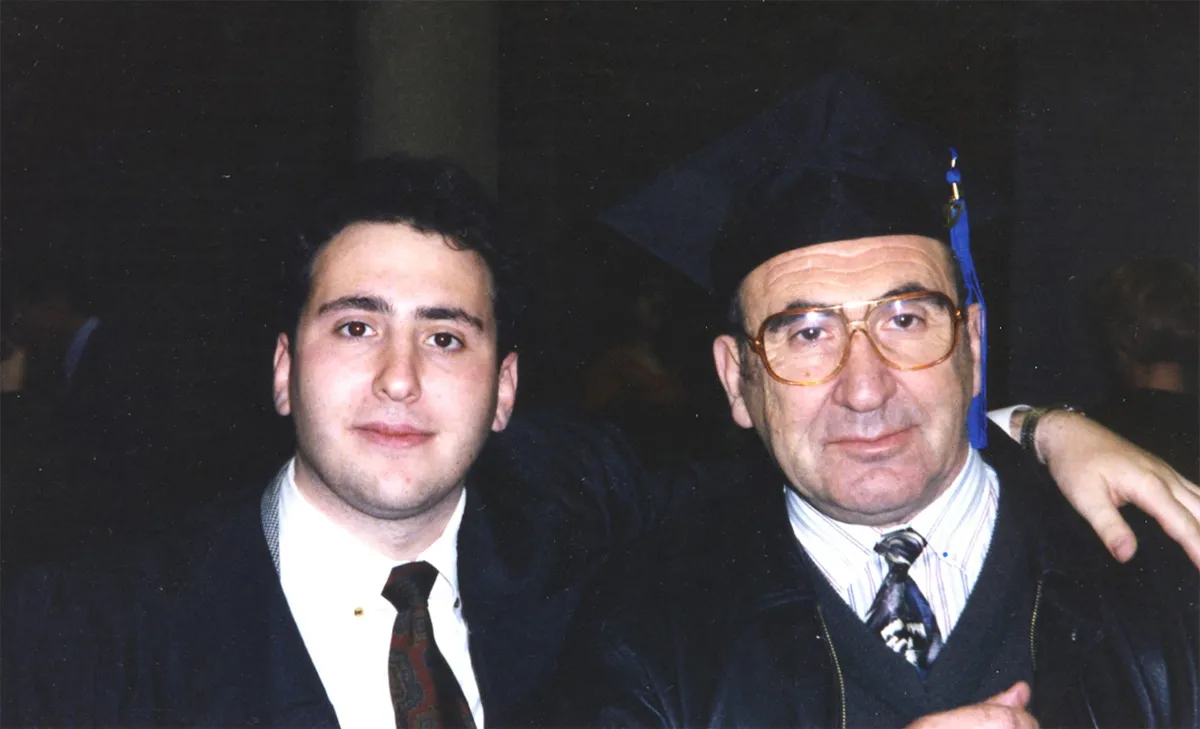

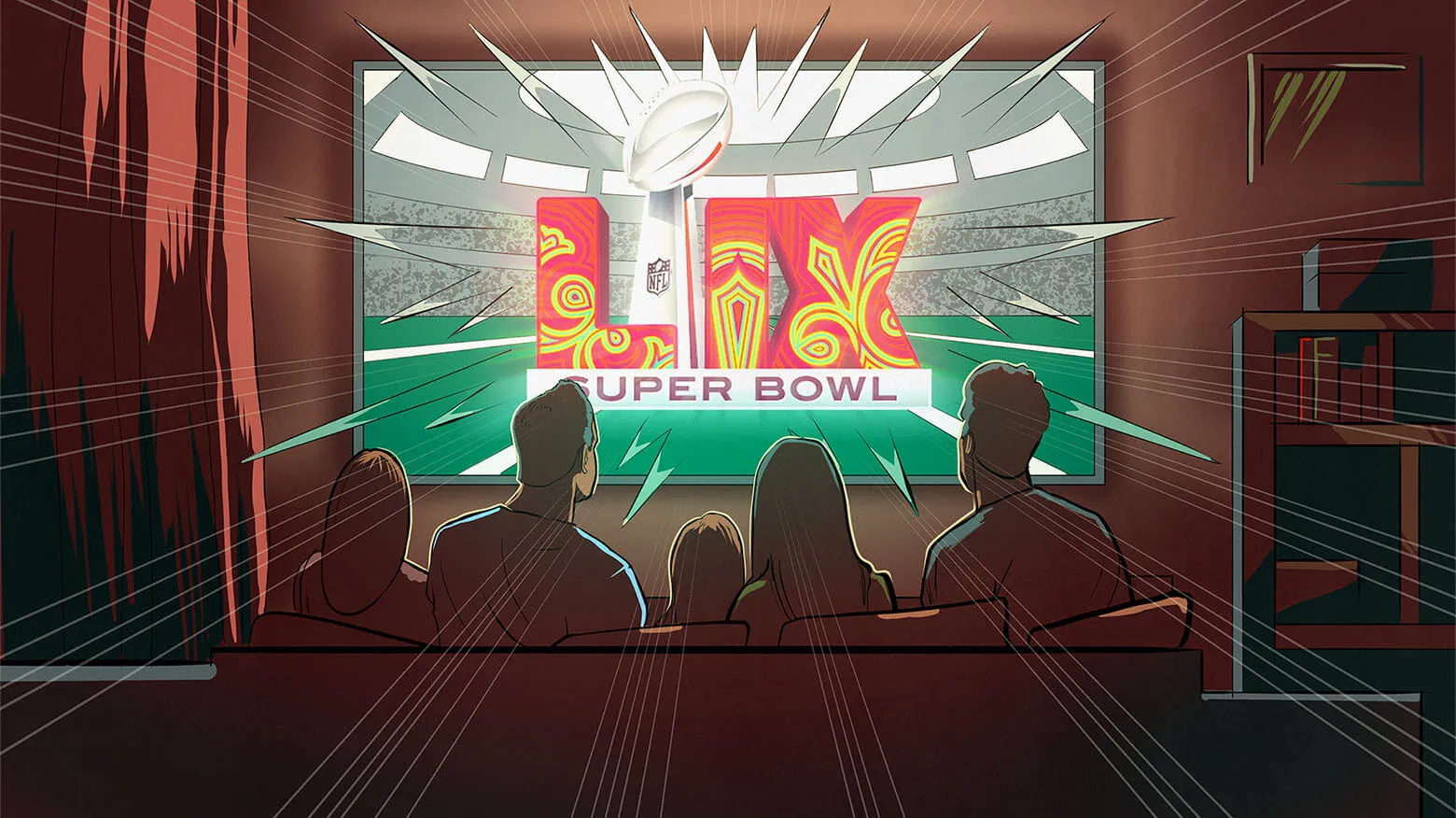
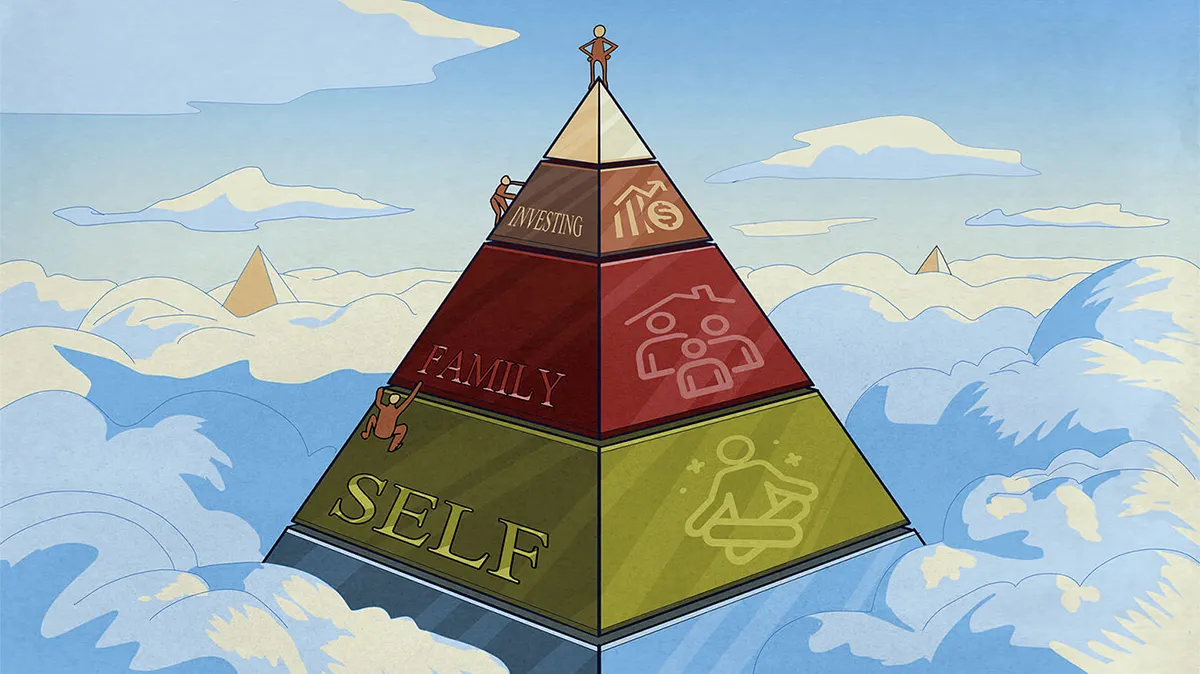
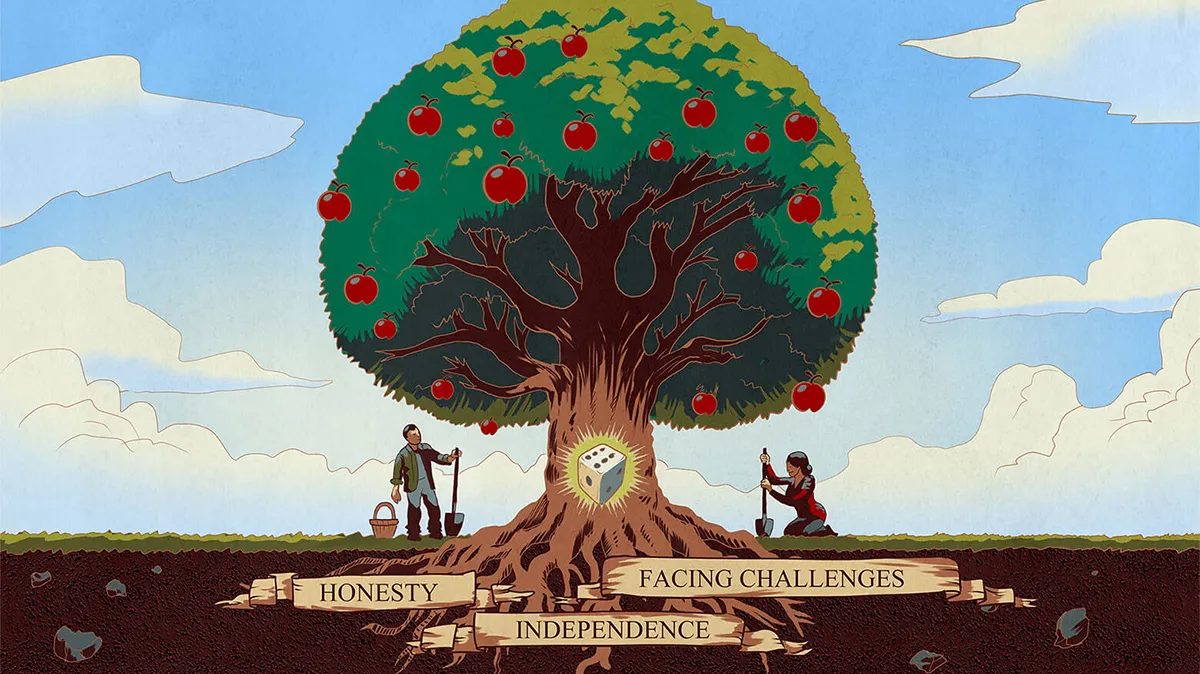




0 comments